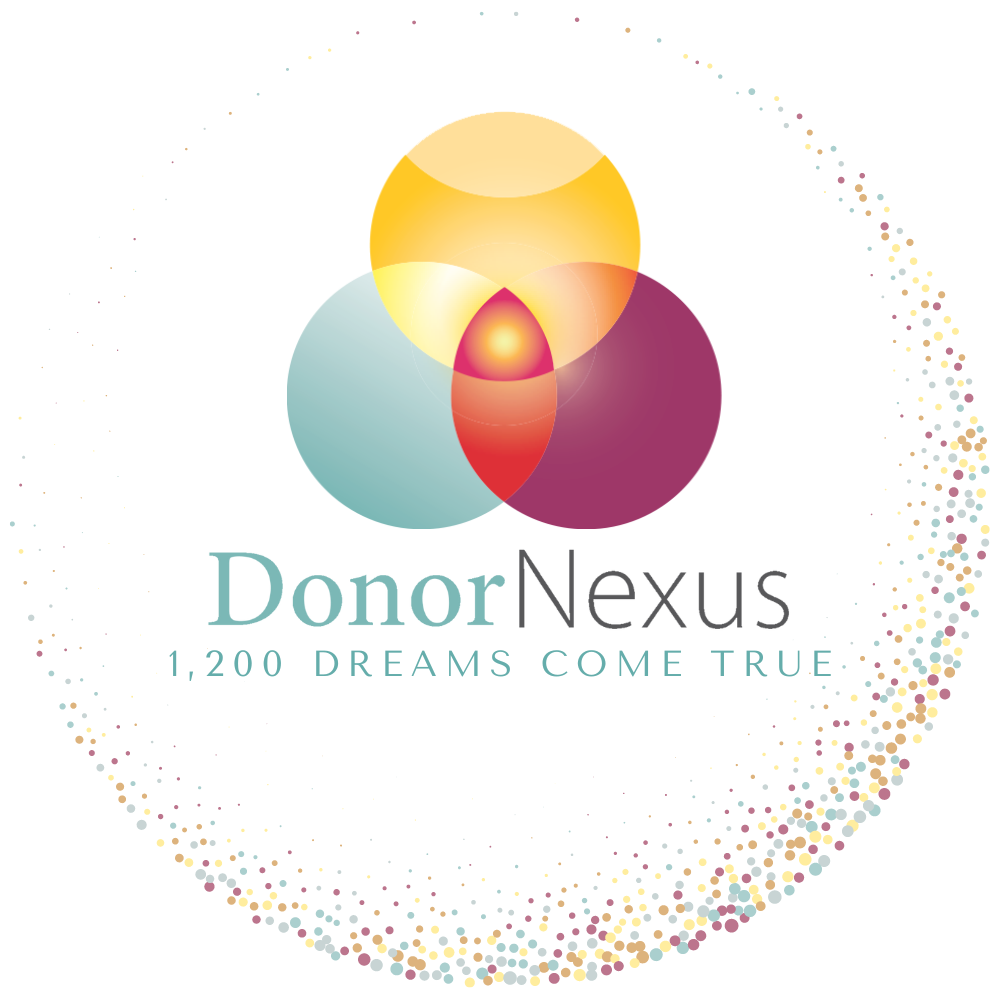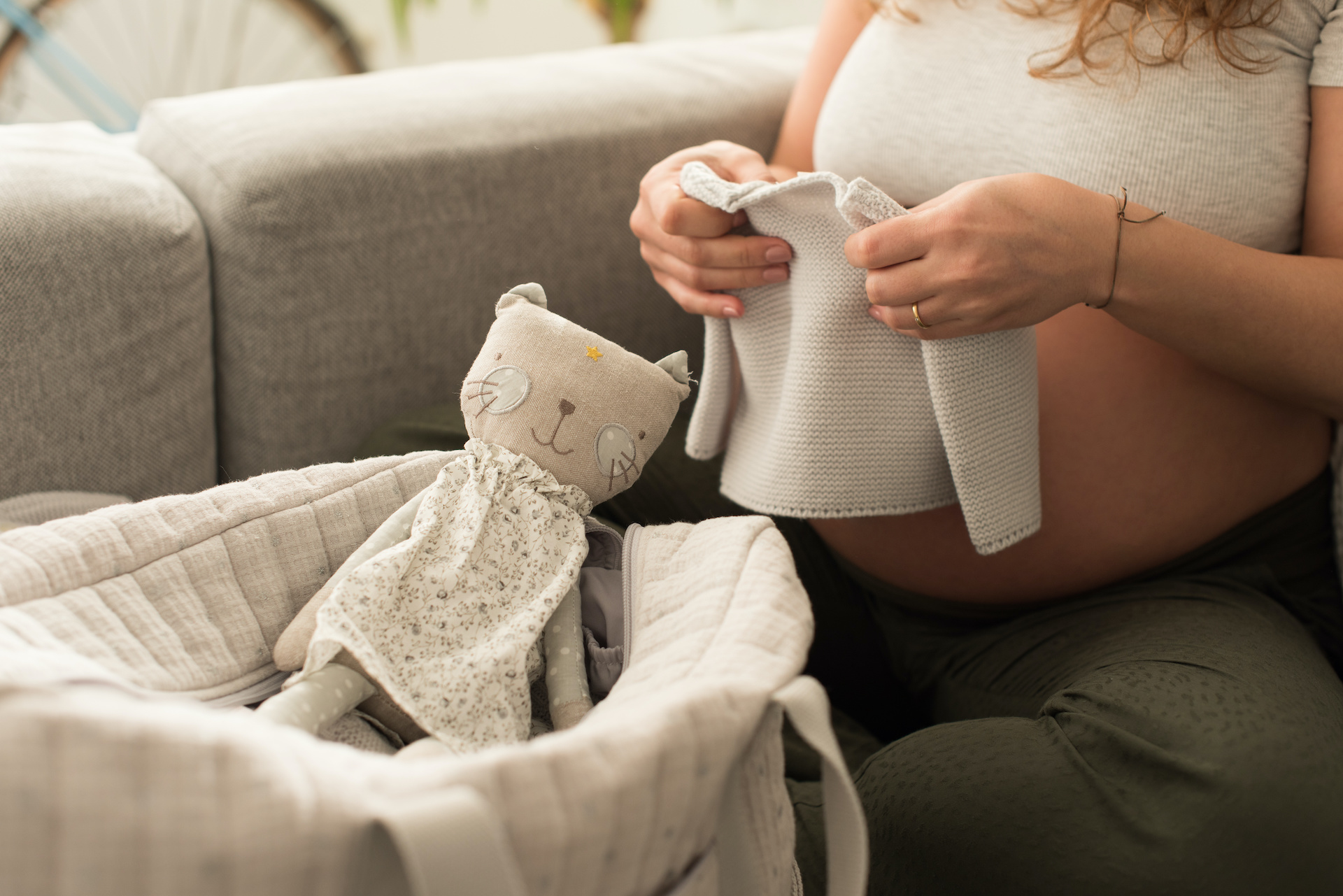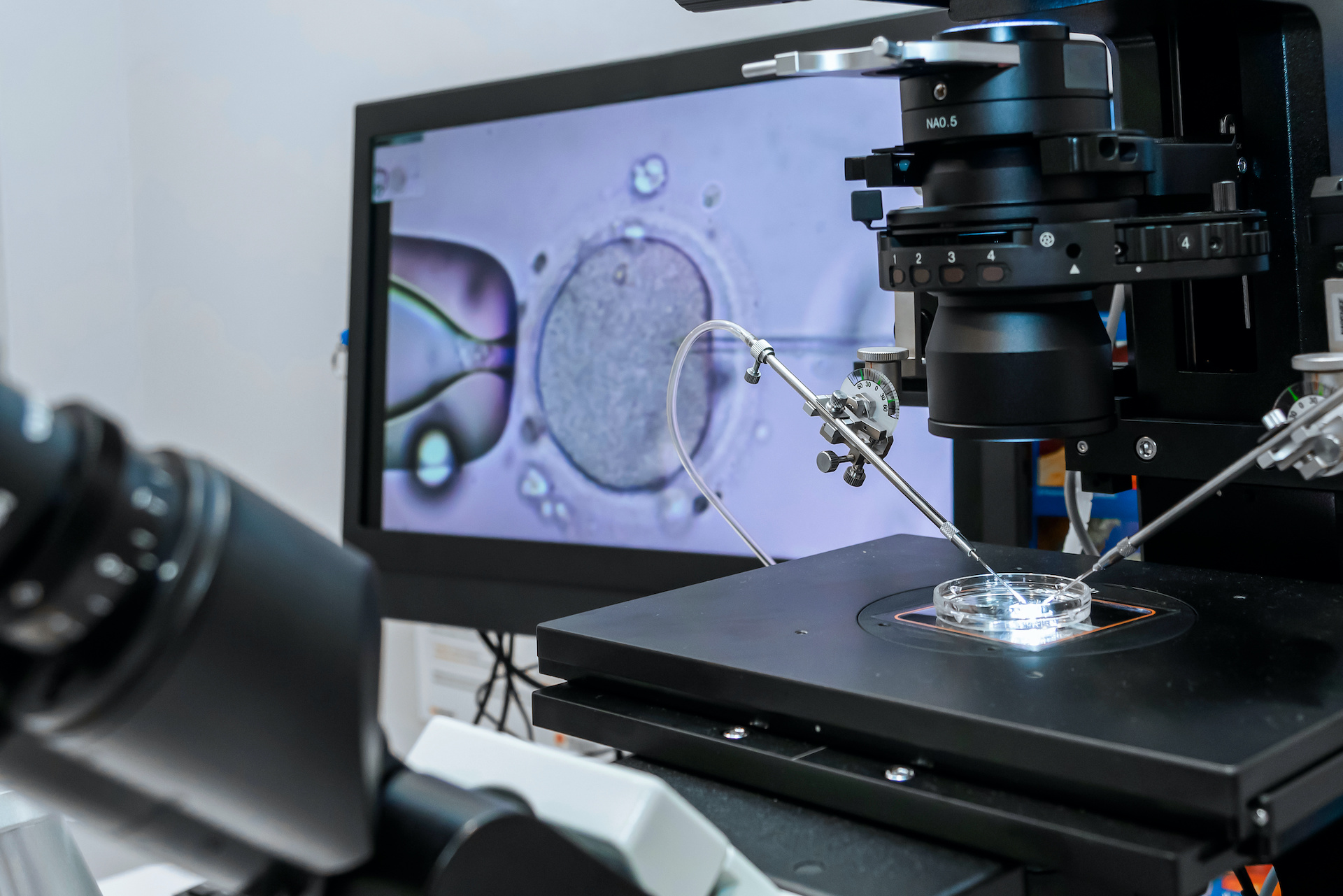5. Potential Increased Risk of Preeclampsia During Pregnancy
Studies show a heightened risk of preeclampsia in IVF pregnancies, particularly those involving donor eggs. A systematic review of data from 1995-2016 found that women who conceived through egg donation had an increased risk of developing preeclampsia compared to those using their own eggs. This heightened risk is believed to be related to the mother’s immune response to the implantation of non-autologous (donor) eggs.
Preeclampsia is a pregnancy complication characterized by high blood pressure, affecting approximately 1 in every 25 pregnancies in the U.S. Despite the risks, with proper medical care and monitoring, most women with preeclampsia have healthy babies.
6. Emotional and Psychological Impact
Using donor eggs can bring about complex emotional and psychological challenges. In addition to the genetic grief we discussed earlier, the process can be stressful, requiring emotional resilience and support. At Donor Nexus, our personalized and boutique approach helps intended parents navigate the complexities of the process and make informed decisions each step of the way.
If emotional or psychological factors are holding you back, there are several amazing online donor egg support groups that provide a wealth of knowledge from personal DEIVF experiences. Talking with others who have been through similar experiences can help shift your perspective and open your heart to the possibilities. Additionally, many counselors specialize in infertility and egg donation and can be an excellent resource.
7. It May Take Some Patience and Perseverance
Donor eggs tend to work 40-60% of the time, often significantly increasing your chances of success compared to using your own eggs. However, it could still take several cycles before success. While it may require perseverance, each step brings you closer to your dream.
For hopeful parents who are interested in expediting the process, frozen donor eggs offer a straightforward process that can save months of waiting since the donor has already completed the screening process, stimulation cycle, and egg retrieval.
On the other hand, choosing a fresh egg donor allows you to receive all viable eggs retrieved, maximizing your opportunities for genetic siblings in the future.
Often, Perspectives Shift Over Time
While using donor eggs may not be for everyone, many patients who were initially hesitant find their perspective changes over time. Fertility physicians will note that often, after about six months to a year of contemplation, patients come back excited and hopeful about what donor eggs can provide for their families.
In the video below, mother via egg donation, Victoria Nino, shares her journey:
Related: Victoria's Succesful Journey to Baby #2 via Frozen Donor Egg
Seek Support and Resources to Help You Weigh the Pros and Cons of Using Donor Eggs
As you explore the possibility of using donor eggs, it's natural to want to understand the potential disadvantages to ensure you have realistic expectations. Deciding to use donor eggs is a significant and deeply personal choice. It’s important to do thorough research, weigh your options, and make an informed decision that feels right for you.
The challenges are real, but the ultimate reward is immeasurable.

Though using a donor egg might be a loss of one dream, it also can be the beginning of another with the embrace of a proven technology that has created thousands of babies and happy parents for over four decades.
- Dr. Daniel Potter, Reproductive Endocrinologist
About Donor Nexus

Donor Nexus is a boutique egg bank and fresh egg donor agency in Newport Beach, California, working with intended parents and egg donors worldwide. We offer a personalized experience delivered through our proven donor egg and donor embryo programs. Since our establishment in 2012, over 1,200 babies have been born through our programs. Looking for an egg donor? Register for free access to our online donor database to explore your options with us. We look forward to assisting you in any way we can!
Start Your Journey Today
Our Donor Egg Programs → Browse Our Egg Donor Database →
Find Additional Resources on Our Website
Donor Egg IVF Process → Fresh vs. Frozen Donor Eggs → FAQ → Success Stories →
The information provided in this blog is not to be considered medical advice. Please consult with your physician for actual medical advice specific to you.





